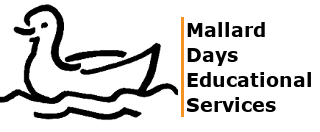Right now, in a control room in Darmstadt, Germany, scientists are waiting to hear from the European Space Agency‘s Rosetta mission. Rosetta was launched in 2004 from French Guyana, and ever since has been flying on a gravity-assisted course towards the comet 67P/Churyumov-Gerasimenko, which it will orbit and photograph over the next two years, with the mission scheduled to end in December 2015. Before that, this November, a probe called Philae will be launched towards the surface of the comet.
Hopefully the Rosetta mission will tell us a lot more about how comets form and behave, and perhaps even help answer questions about what happens with Comet ISON last year.
SpaceflightNow.com are providing live updates about the Rosetta mission as we speak – visit http://spaceflightnow.com/rosetta/status.html for more information.
Back in the North East
Back in the North East, the Stargazing Live events are now growing to a halt. As you may have seen later in the week, the Mallard Days Radioactivity Workshops are now open for booking, please click the link above to find out more.
Finally, on the internet this week…
This week, I have two videos to share. The first is from TED, and features some of the latest research on human-robot interaction.
Secondly, and primarily for my A-level Physics, Astronomy and Optics students: here is a derivation of the thin lens equation by Doc Schuster on Youtube. This is part of a series of videos on geometrical optics, all of which make fascinating watching. (NOTE: Both AQA and OCR use a different sign convention to the one used in the video, however this does not affect any of the results!)
